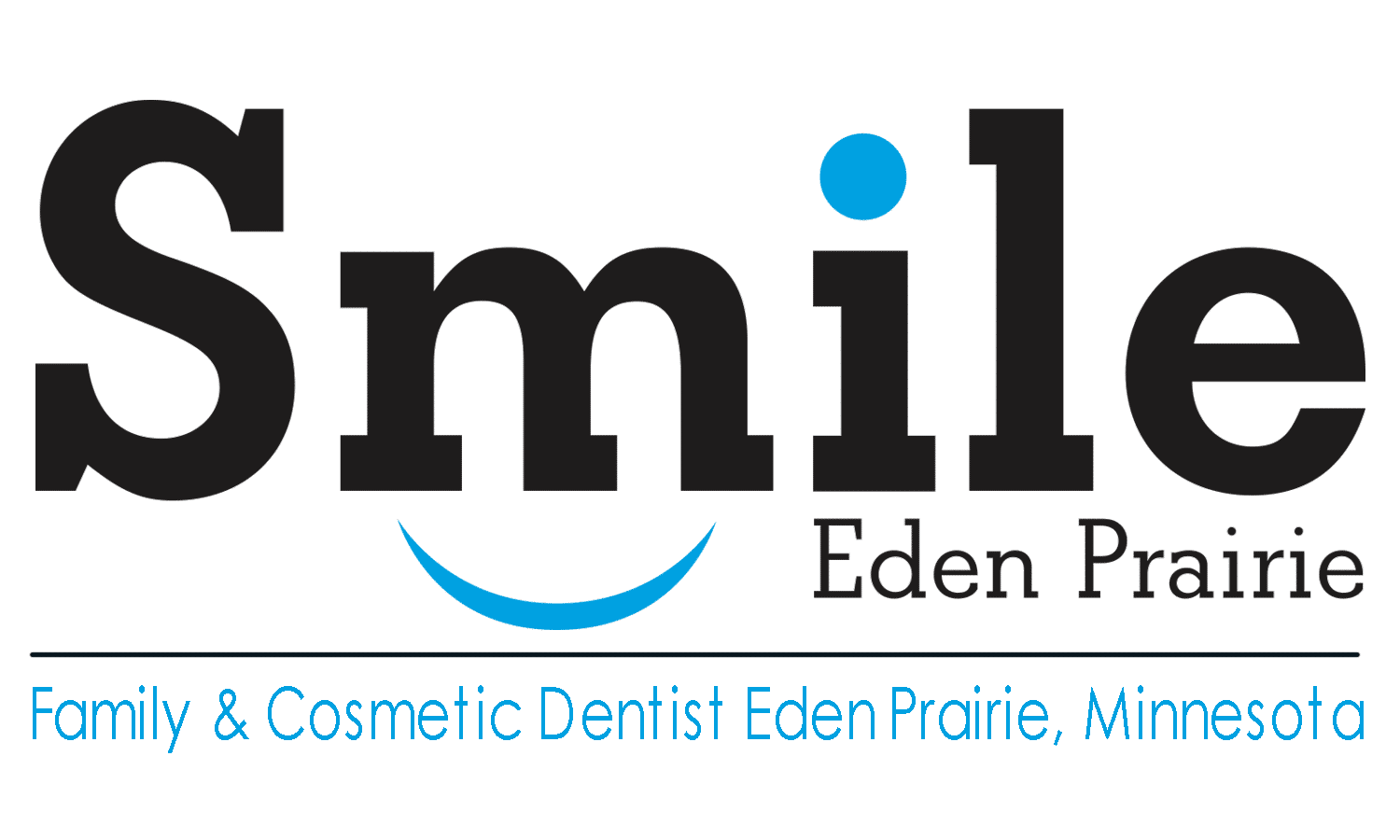Visting Dentist & Special Needs Patients
What is Different About Special Needs Dentistry?
Children and adults who have special health care needs (SHCN) require oral treatment like others. They can often times receive the best care when working with a dentist who caters to these patients. Special needs dentistry is a type of dentistry where the dentist, their assistants and the staff undergo additional training. When looking for a SHCN dentist, parents or caregivers should look for providers who understand the variety of issues these particular patients face.
Dental Care for Children with SHCN
While Children with SHCN require routine dental care, they often require additional attention for their specific needs and challenges. The American Academy of Pediatric Dentistry (AAPD) classifies pediatric special needs dentistry as the practices of treating children with a physical, emotional, developmental, cognitive, sensory or mental impairment. Pediatric special needs dentistry also includes those affected by an orofacial disorder or condition. Treatment for kids with SHCN involves that of a normal appointment including examinations, fillings and cleanings in addition to routine care. These dentists also maintain an understanding of the child's specific condition in order to provide optimal and customized treatment. Children impacted by an orofacial disorder will require medically specialized dental care.
A Special Needs Dentist Appointment
While similar in some regards, appointments with a special needs dentist differ from a regular dentist visit. The special needs dentist is aware of the patient’s specific needs and tailors their approach to meet those needs. Patients who have a SHCN usually require a slower approach. It also works well to conduct the appointments when the office is less busy. Depending on the patient, the best method may be to provide them with general anesthesia and treat them in an operating room.
Locating a Special Needs Dentist
Most dentists have the patience, compassion and understanding necessary to treat children with SHCN. However, only some dentists specialize in treating these patients. Often times these dentists can be found through standard methods such as online searches and advertising. The Special Care Dentistry Association maintains a database of registered members which can be accessed by the public. Another possible resource is through a local university or dentistry college. They often run clinics tailored for children and adults with SHCN.
What to Look For
When choosing a special needs dentist, various factors can help inform the patient’s parent or caregiver. The AAPD suggests working with the receptionist to arrange for a slightly longer appointment and help coordinate additional staff as needed.
A well-trained special needs dentistry practice will have specialized equipment to improve the experience. In addition, the dentist will tailor the treatment plan and approach to suite the patient's individual needs. The dentist will also be helpful in providing advice or suggestions for daily oral health care. As an example, it can be helpful for challenged children to use a battery powered toothbrush as it will provide the bristle movements required to maintain clean and healthy teeth. It is critical for parents and caregivers to feel comfortable with the selected dentist and confident in their ability to meet the child's needs.
